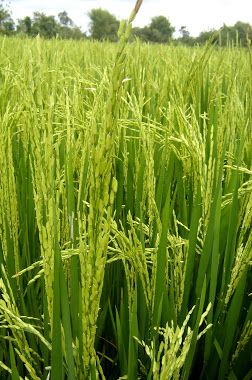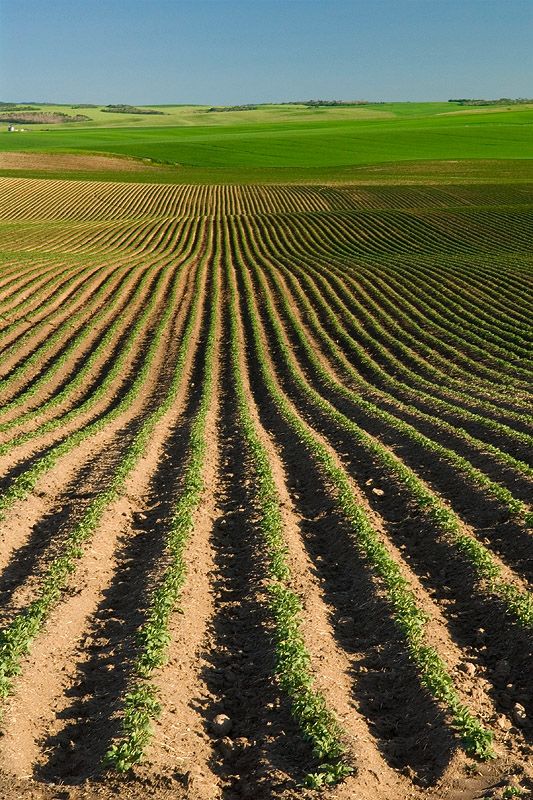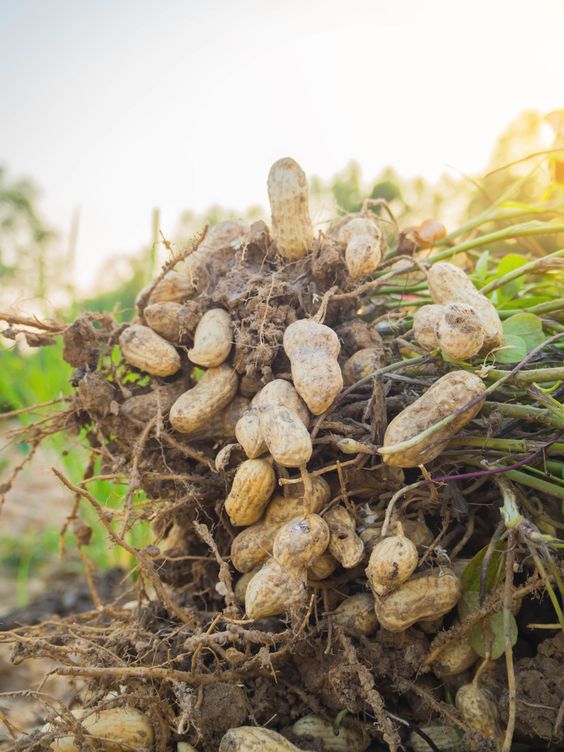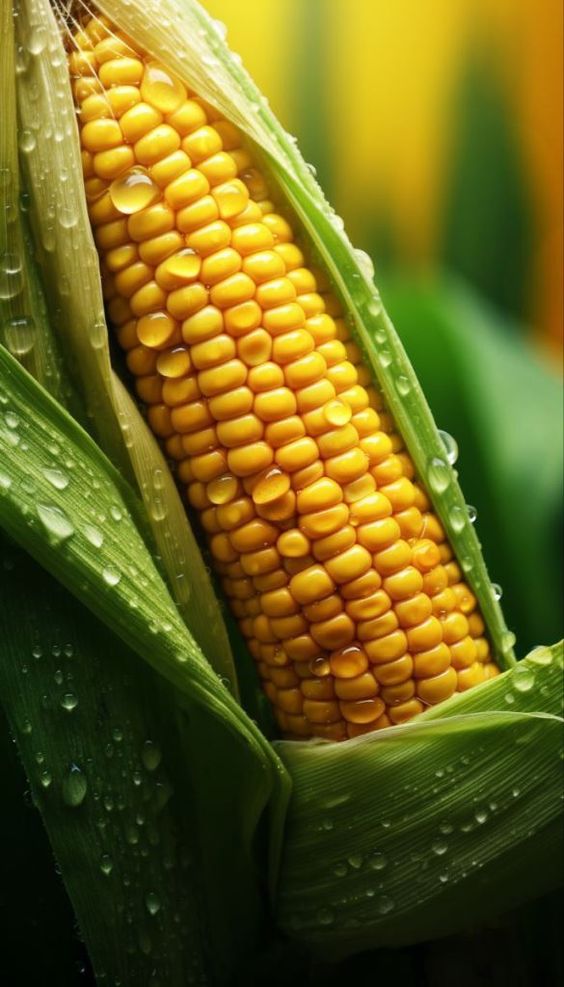Traceability systems in agriculture: Empowering Farm to Fork Transparency
Traceability systems in agriculture sector is undergoing a significant transformation, driven by technological advancements. Smart agriculture, a concept that integrates information and communication technology (ICT) into farming practices, is at the forefront of this change. One crucial element of smart agriculture is traceability systems. These systems track the journey of agricultural products from their origin (the farm) to the final consumer’s plate, offering numerous benefits for farmers, consumers, and the industry as a whole.
Contents
- 1 Understanding Traceability systems in agriculture
- 2 Benefits of Traceability Systems for Farmers
- 3 Benefits of Traceability Systems for Consumers
- 4 Benefits of Traceability Systems for the Industry
- 5 Challenges and Considerations
- 6 The Future of Traceability in Agriculture
- 7 Conclusion Traceability systems in agriculture
Understanding Traceability systems in agriculture
Traceability systems in agriculture, in the context of agriculture, refers to the ability to trace the movement of a product through all stages of the supply chain. This includes information on the origin of the product, the farming practices employed, processing methods, storage conditions, and distribution channels. Traceability systems typically utilize a combination of technologies, including:
- Unique identifiers: Each product or batch receives a unique identifier, such as a barcode or RFID tag. This allows for individual tracking throughout the supply chain.
- Data capture: Information about the product is captured at various stages, often through sensors or digital forms. This data can include details like planting dates, fertilizer application, harvesting times, and storage temperatures.
- Data management: Traceability systems involve robust data management platforms that store and organize the captured information. This data can be accessed and analyzed by authorized personnel throughout the supply chain.
Benefits of Traceability Systems for Farmers
Traceability systems in agriculture empowers farmers in several ways:
- Enhanced market access: Consumers are increasingly demanding transparency regarding the origin and production methods of their food. Traceability systems enable farmers to showcase their sustainable practices and differentiate their products in the marketplace. This can lead to premium pricing and access to new markets.
- Improved farm management: Data collected through traceability systems can be used to optimize farm operations. Farmers can gain insights into areas like resource efficiency, yield optimization, and potential risks. This data-driven approach can lead to improved decision-making and increased profitability.
- Compliance and certifications: Traceability systems can streamline compliance with food safety regulations and facilitate obtaining certifications for organic, fair trade, or other specific production methods.
Benefits of Traceability Systems for Consumers
Consumers directly benefit from traceability in agriculture:
- Increased transparency: Traceability allows consumers to make informed choices about the food they purchase. They can access information about the origin, production methods, and potential allergens associated with the product.
- Enhanced food safety: Traceability systems play a crucial role in ensuring food safety. In case of a product recall, authorities can quickly identify and isolate contaminated products, minimizing risks to consumers.
- Building trust: Transparency builds trust between consumers and producers. Traceability systems demonstrate the commitment of farmers and the industry to providing safe and high-quality food.
Benefits of Traceability Systems for the Industry
Traceability systems in agriculture industry as a whole:
- Improved risk management: Traceability systems allow for faster and more targeted responses to food safety incidents. By pinpointing the source of a problem, the industry can minimize product recalls and associated economic losses.
- Brand reputation: Traceability systems can enhance the overall reputation of the agricultural industry by showcasing its commitment to quality and safety. This can lead to increased consumer confidence and a positive brand image.
- Facilitating trade: Traceability systems streamline compliance with international trade regulations, making it easier for agricultural products to be exported and traded globally.
Challenges and Considerations
Traceability systems in agriculture offers significant benefits, implementing these systems comes with certain challenges:
- Cost of implementation: Setting up and maintaining traceability systems can involve costs associated with technology, training, and data management. This can be a barrier for small-scale farmers.
- Standardization: The lack of standardized traceability protocols across different regions and countries can create challenges for global trade.
- Data security: Traceability systems involve collecting and storing sensitive data. Robust cybersecurity measures are essential to protect this data from unauthorized access or misuse.
The Future of Traceability in Agriculture
Traceability systems in agriculture is rapidly becoming an essential element of modern agriculture. As technology advances, traceability systems are becoming more affordable, user-friendly, and sophisticated. New technologies, such as blockchain and the Internet of Things (IoT), hold immense potential for further enhancing the transparency and efficiency of agricultural traceability systems.
Conclusion Traceability systems in agriculture
Traceability systems in agriculture offer a win-win situation for farmers, consumers, and the agricultural industry as a whole. By empowering farmers, ensuring food safety, and building consumer trust, traceability paves the way for a more sustainable and transparent future for agriculture. As technology continues to evolve, traceability systems are poised to play an even greater role in shaping the agricultural landscape. By embracing these advancements, the agricultural sector can ensure the safety, quality, and sustainability of our food supply for generations to come.




